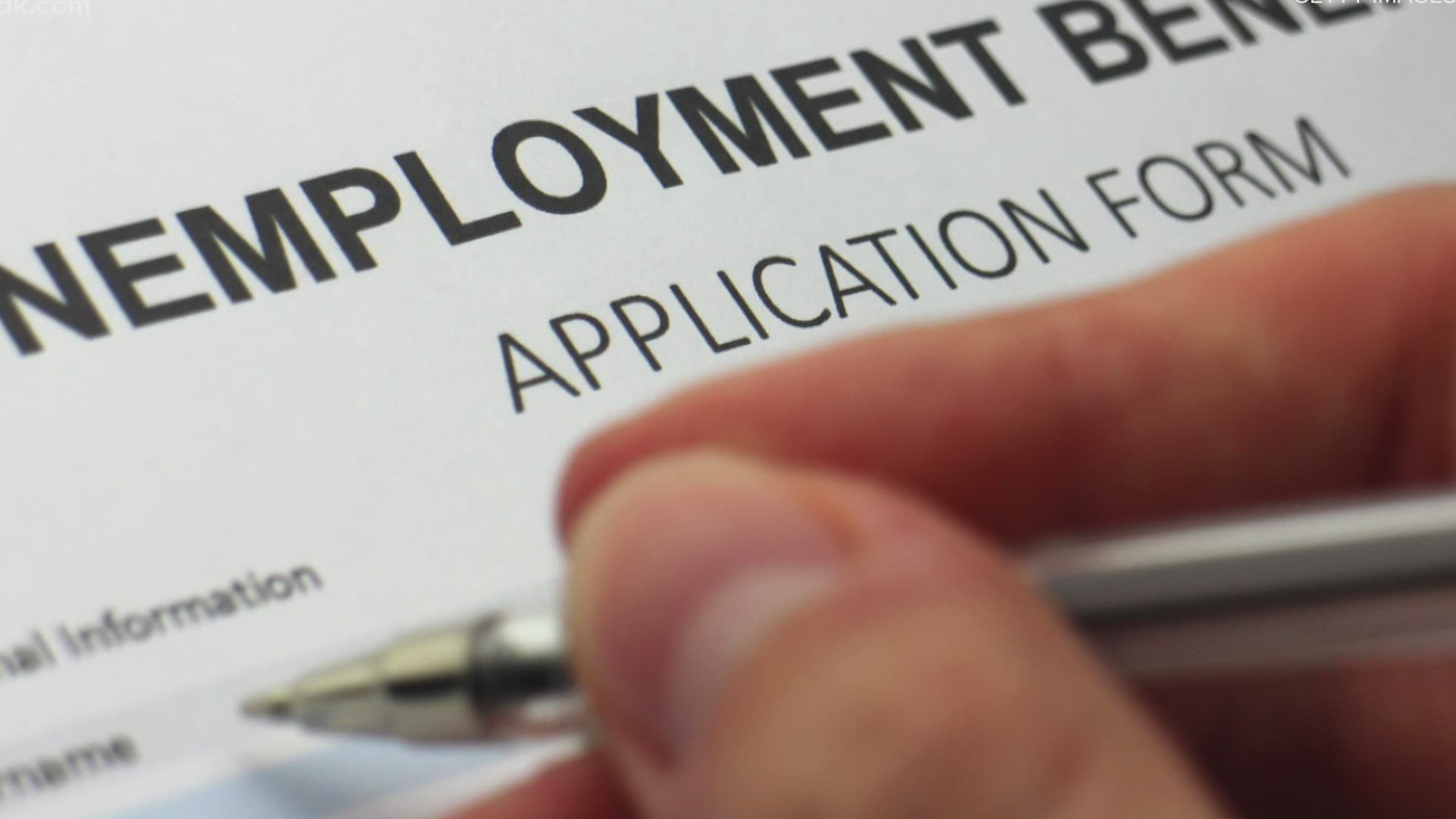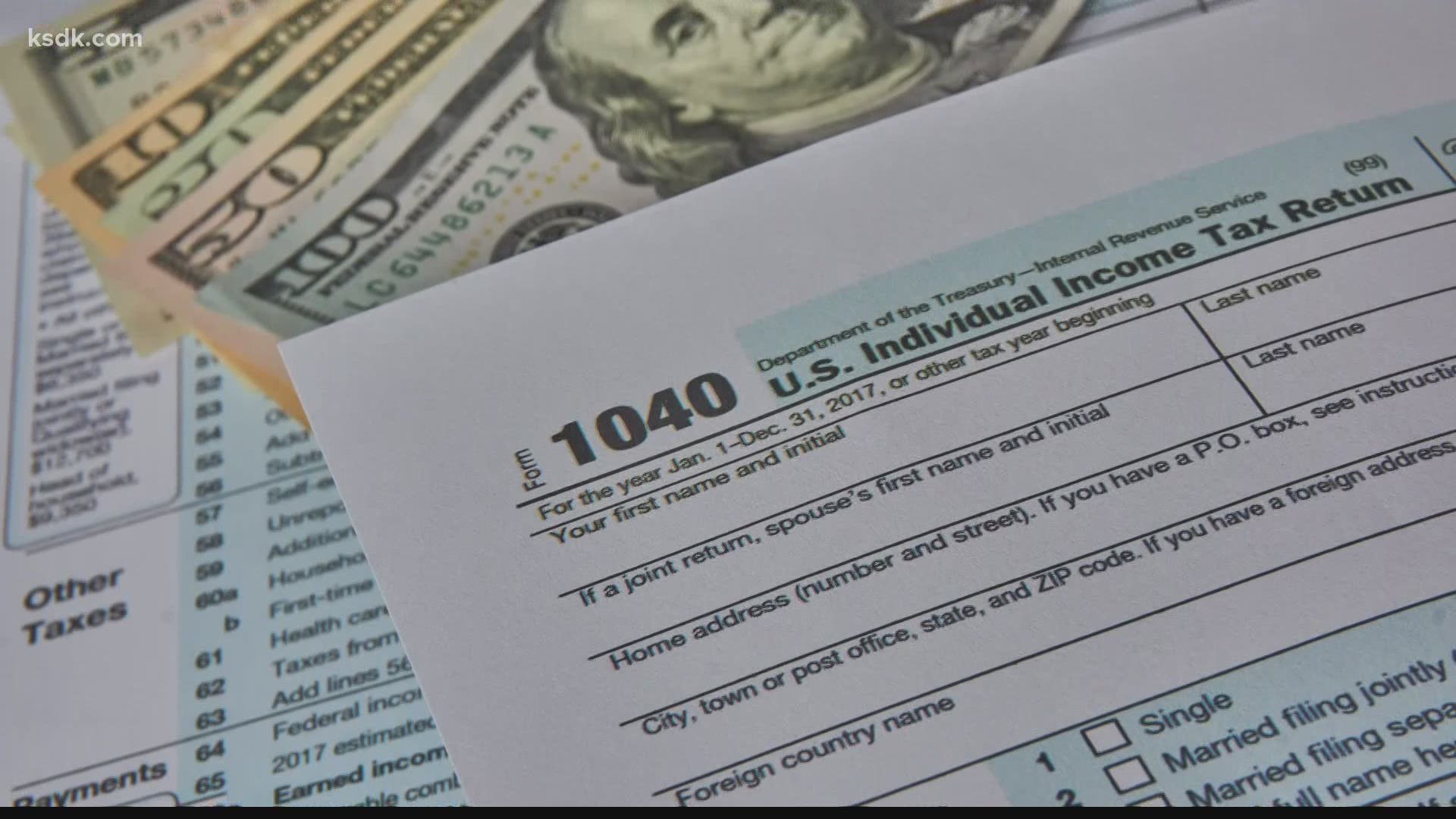ST. LOUIS — The economic side effects of the pandemic claimed millions of livelihoods, with state and federally boosted unemployment checks helping people get by for weeks or even months at a time.
Nearly 16 million people receive some type of unemployment assistance right now, reports NBC News, and the year began with nearly 850,000 people filing new jobless claims.
While it’s not the same as receiving a paycheck, to the IRS, an unemployment check is close enough.
“Your unemployment income is taxable federally and in most states, including Missouri and Illinois,” notes Rebekah Tucker, tax supervisor at Anders CPA. “It will be included in your taxable income.”
That means as you collect your W2s and other financial statements to file your taxes, expect another form: a 1099-G. That information will include the taxable unemployment payments you received and need to include on your 1040.
You may have opted to withhold taxes from your payments when you submitted the unemployment claim—but that’s unlikely to be the case for those left scrambling to file due to pandemic-related furloughs and job cuts.
Especially when the federal boost to unemployment checks was $600 per week, some people wound up making more in unemployment than they had at their jobs: those people might be in for a rude awakening come tax time.
“Although it's not considered earned income, it is affecting your adjusted gross income, which is how we calculate the earned income credit,” said Tucker—meaning, if you took home more money in 2020 than usual, your refund might be smaller or your payment larger.
“If you're already receiving unemployment and you're not having anything withheld, I would reach out to your state unemployment office and see about correcting that from now going forward into 2021,” Tucker advises.
The one-time pandemic stimulus payments—the checks of up to $1,200 or $600—are not taxable income. If you're still waiting on either the first or second round of federal checks, any money you're still owed will come in your 2020 tax return.
Tax experts also say it's a good idea to file early, especially if there are any changes to your information. That could help any future stimulus payments get to you faster.


